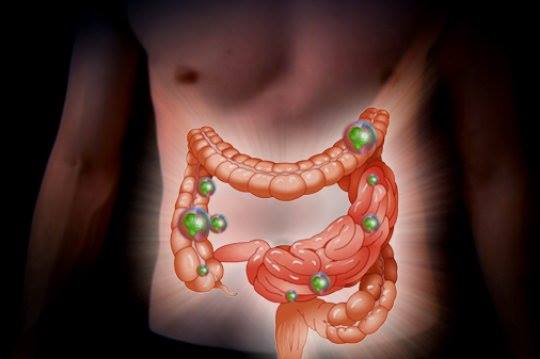
Introduction: Fasting has been known for centuries to have various health benefits. However, in our fast-paced lives, we often neglect the practice of fasting, choosing to eat regularly to satisfy our hunger. Yet, occasional fasting can be highly beneficial for our well-being.
The Benefits of a One-Day Weekly Fast:
- Inflammation and Skin Health: Committing to a one-day fast each week can significantly reduce the risk of inflammatory skin conditions. The body’s ability to heal and rejuvenate is enhanced during fasting, leading to healthier skin.
- Organ Rejuvenation: Fasting allows our internal organs to recuperate from the continuous digestion process. There are documented cases where mild diabetes has been alleviated by giving the pancreas a break through fasting.
- Historical Use: The practice of fasting as a form of treatment dates back to ancient times, with prominent figures like Hippocrates, Avicenna, and Paracelsus employing it. Modern scientific research has shed light on the therapeutic mechanisms of fasting, which include metabolic stimulation, body rejuvenation, and anti-aging effects.
- Energy Redistribution: When we fast, the energy typically used for digesting food is redirected toward healing existing ailments and detoxification. Personal experiences have shown that even conditions like the common cold can be alleviated in a matter of days through fasting.
The Fasting Process:
- During a fast, you should only consume water in small, regular intervals, aiming for 1.5-2 liters of fluid daily. Besides water, you can opt for a mild rosehip infusion or herbal tea (without sugar).
Unlocking Creativity:
Unexpectedly, short-term fasting not only cleanses the body but also enhances imagination and creativity. T. Toyo, a former member of the Japanese Parliament, recommended weekly one-day fasts for improved thinking and overall well-being. Fasting is more than just a diet; it sharpens the mind and fosters constant ideation.
Preparation and Mindset:
Before embarking on a fast, it’s essential to prepare your body. Two days prior, eliminate animal products from your diet and switch to a plant-based regimen consisting of grains, vegetables, fruits, and soaked cereals and seeds. Start with one or two days of fasting and gradually extend to three days, ensuring the duration of fasting matches the duration of refeeding.
You can alternate between one, two, and three-day fasts consecutively, following each with a gradual refeeding process.
Optimism and Self-Purification:
Maintaining a positive outlook is crucial during the self-purification process. Believe in your success as you begin fasting, and you’ll witness remarkable results. Your body will naturally combat diseases, and as regular fasting becomes a habit, you may find that illnesses become a rarity.
Weight Management:
Consistently implementing well-prepared, weekly one-day fasts can contribute to effective weight management. The mild stress experienced during moderate fasting positively impacts immunity and reduces the risk of certain diseases, provided that you maintain proper hydration during fasting.
Getting Started:
Starting with the right mindset is key. Fasting can initially cause discomfort and mild stress, so motivation is essential.
On the day before your fast, limit your food intake, avoid alcohol, and refrain from heavy meals at night, especially meat.
Engage in activities, preferably outdoors, to keep yourself occupied. It’s not advisable to begin fasting on a workday, as potential side effects like headaches, dizziness, weakness, mood swings, and bad breath could disrupt your professional life. As you become accustomed to fasting, you may eventually incorporate fasting into your work routine without drawing attention.
Conclusion:
Embracing a one-day weekly fast can be a transformative practice for your health, creativity, and overall well-being. With the right preparation, mindset, and consistency, fasting may become a cornerstone of your holistic approach to a healthier and more vibrant life.




